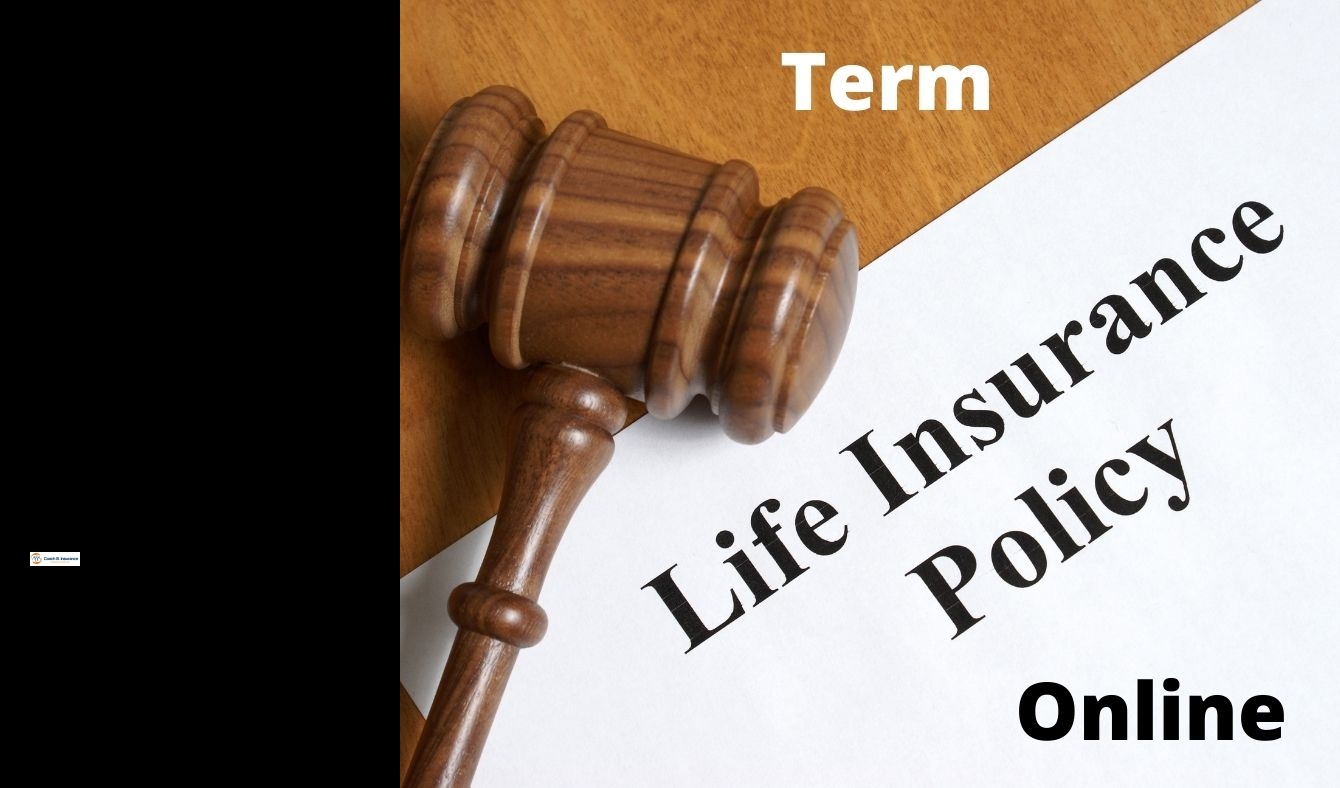what is level term life insurance
Term insurance is a good option. Find out what coverage you may be eligible for and how much it would cost by answering some simple questions. If you like what we show, we can help.

A life insurance policy is an agreement between you and the insurance company. The insurer will pay money to you after your death in exchange for regular payments called premiums. This payment is paid to your beneficiaries, which are usually your children, spouse, or other family members. If someone depends on your financial security, it can provide a safety net. The money can be used by beneficiaries to pay off debts, replace income or fund future expenses such as college tuition.
You should ensure that the policy you are looking for is either "level term" or "guaranteed high premiums". These terms mean that the term insurance quotes you receive for life insurance reflect the cost you will pay for the policy.
Term life insurance, also known as pure life insurance, guarantees payment of a stated death benefit if the covered person dies during a specified term. Once the term expires, the policyholder can either renew it for another time, convert the policy to permanent coverage, or allow the term life insurance policy to terminate.
Term insurance is a good option. Find out what coverage you may be eligible for and how much it would cost by answering some simple questions. If you like what we show, we can help.


Quick approval: No medical exam is required. You will be covered right away, instead of waiting weeks for the results. This might be an option if your immediate needs are urgent, such as for a future trip.
You may be eligible for guaranteed universal life insurance policies, which have low rates for elderly people, if your age is below 80. For those with pre-existing diseases, guaranteed wholelife insurance could be the best option.
Navigating the ins and outs of all the different types of life insurance can seem intimidating, especially if you're buying your first policy. That's why many shoppers choose term life insurance. It's a good fit for most people, particularly young families on a budget looking for temporary coverage. Here are four advantages to term life insurance.

Term life is a type if life insurance that has a fixed end date. For example 20 years after the policy was started. Only the policyholder's death during the selected term will result in the death benefit being paid. When the policyholder is no longer alive, the death benefit will be paid to the beneficiary.
No medical exam insurance is not required. You'll be asked a series of questions about your medical history, health, and general health. Your answers will help determine if your application is eligible for coverage. The list changes depending on which insurer you choose. You might not get coverage from one company, but be rejected by another.
While most people arrange term insurance that will last until their children become adults, others may need a greater safety net. A special needs dependent is an example. A term life insurance policy with a 30 year duration can be extended to provide financial support for your child throughout their entire lives. It can also provide financial help if you die before the investments you have made for their long-term support reach maturity. For older dependents like an elderly parent that depends on you for support and care, a longer-term, such a 30 year, can also offer protections.

Most term life insurance policies have level premiums, meaning the payments remain the same throughout the policy term. However, some policies may have increasing premiums as you age.